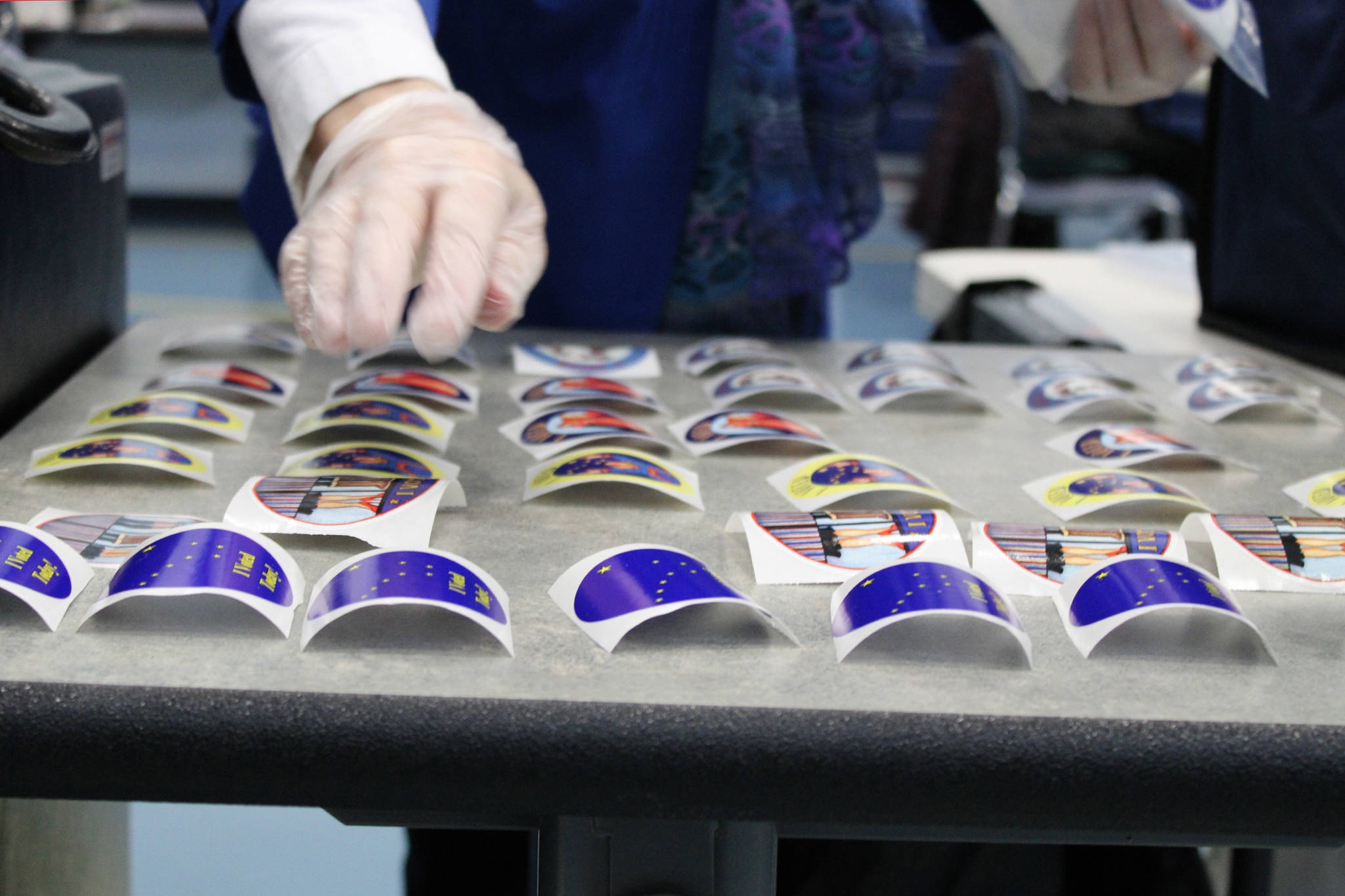By Niesje Steinkruger
For most of my life, I’ve looked on the bright side of things. Waiting anxiously for more than 133,000 thousand Alaskan ballots to be opened, verified, and tallied after Nov. 10 naturally presents a significant opportunity to practice patience as democracy works as intended. That includes our nation’s defining mix of constitutional rights, process integrity, ballot security, and voter trust. In a year with record-breaking voting by mail and absentee, it was no surprise to us that we will not have final results — or anything official — for over a week after Election Day itself.
Alaska will be the last state in the nation to open and count the remaining ballots cast in the 2020 general election. While we calmly wait together for the dedicated team of workers at the Division of Elections to diligently count every vote, I feel grateful to my fellow Alaskans for showing up and exercising a bedrock right of our country: the constitutional right of the people to decide our leaders. Over 68% of eligible Americans voted in this election — that’s the highest rate since the 1900s.
Here in Alaska, ballots cast through Oct. 29 at sites designated as “early vote locations” were included with election night results. All other ballots will be counted beginning Nov. 10, or 7 days after the election. Our election officials will tally ballots carefully, but we won’t have certified results from absentee and questioned ballot counting boards until November 18, a timeline in line with counting procedures in previous elections.
COVID-19 shifted the way that many Alaskans participated in this election; an unprecedented number of folks voted absentee by mail. The vote counting process is now proceeding as the Division of Elections described ahead of time, including a verification process that ensures that no vote is counted twice. This week is a reminder that for democracy to work for all of us, every voter must have their voice heard and vote counted – and that process takes time. Votes cast in Unalakleet and Nunam Iqua will count equally to those cast in Fairbanks and Juneau. As we know better than any state, our neighbors in rural communities often vote by mail, which can slow the arrival of their ballots at vote counting centers. As long as a ballot was cast by 8 p.m. on Nov. 3, 2020, however, the timing or location of that voted ballot is irrelevant to its legitimacy. All votes count.
Until Nov. 18, we will practice our patience and wait for the Division of Elections to announce the winners of dozens of state and federal level races. We owe that to the candidates who worked so hard to promote their vision of Alaska’s future. We owe that to the many Alaskans who turned out to support those candidates with volunteer hours on the phone, financial contributions, and cold mornings waving signs. While voters have made their choices, the only way to know that choice is to count every vote, from every corner of our state. I now call on my fellow Alaskans to practice patience and resilience with me.
• Niesje Steinkruger is a retired superior court judge and resides in Fairbanks. Columns, My Turns and Letters to the Editor represent the view of the author, not the view of the Juneau Empire. Have something to say? Here’s how to submit a letter to the editor or My Turn.

